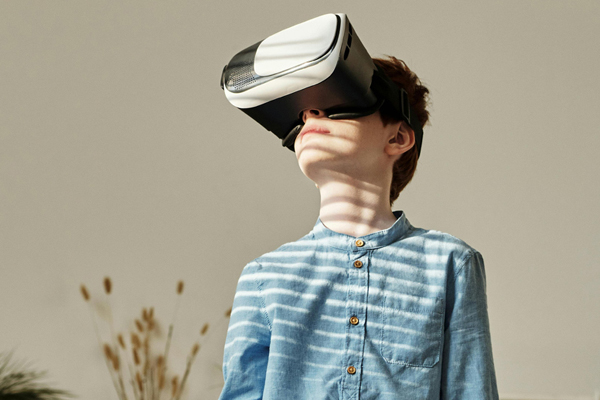1. Accessibility and Convenience:
- Mobile devices, such as smartphones and tablets, have become ubiquitous, making gaming more accessible than ever. Players can engage in gaming on the go, during short breaks, or in their spare time.
2. Social Connectivity:
- Mobile gaming allows players to easily connect with friends and family, whether through social media integration, multiplayer modes, or in-game communication features. This social dimension enhances the gaming experience.
3. Casual and Hardcore Gamers:
- Mobile gaming caters to both casual and hardcore gamers. Casual gamers enjoy simple, pick-up-and-play games, while more complex games appeal to hardcore gamers. This diversity broadens the gaming audience.
4. Freemium Models and Microtransactions:
- Many mobile games are free to download and play, but they generate revenue through microtransactions and in-app purchases. This model enables players to enjoy games without the upfront cost and choose to spend on enhancements or cosmetics.
5. Augmented Reality (AR):
- Games like "Pokémon GO" leverage augmented reality to blend virtual and real-world elements. Players explore their physical surroundings while capturing virtual creatures, encouraging outdoor activity and exploration.
6. Location-Based Gaming:
- Location-based mobile games, as seen in "Pokémon GO," encourage players to visit specific places to interact with in-game content. This creates real-world community hubs and events around gaming.
7. Social Interaction and Collaboration:
- Multiplayer mobile games often promote social interaction and collaboration. Players team up, compete, and chat with others, fostering a sense of community within the game.
8. Live Events and Updates:
- Mobile games frequently offer live events, special challenges, and updates that keep players engaged over time. This ongoing content release strategy encourages player retention.
9. Impact on Physical Activity:
- Games like "Pokémon GO" have a positive impact on physical activity and outdoor exploration. Players are incentivized to walk, bike, or explore their neighborhoods to accomplish in-game objectives.
10. Social Impact and Cultural Phenomena: - Games like "Pokémon GO" can become cultural phenomena, bringing people together for large-scale events, gatherings, and community-building activities related to the game.
11. Monetization and Revenue Growth: - The mobile gaming industry has experienced exponential revenue growth due to in-app purchases, ads, and microtransactions. This revenue allows for ongoing development and improvement of games.
12. Challenges and Concerns: - While multiplayer and social gaming offer numerous benefits, they also raise concerns about addiction, privacy, and safety, which need to be addressed through responsible design and regulations.
The success of games like "Pokémon GO" illustrates the potential of mobile platforms to create new and innovative gaming experiences that go beyond traditional gaming consoles and PCs. It has also highlighted the power of augmented reality and location-based gaming in bringing people together and encouraging outdoor activity. As technology continues to advance, the mobile gaming landscape will likely evolve further, offering exciting opportunities for social interaction and immersive experiences.




Comments (0)